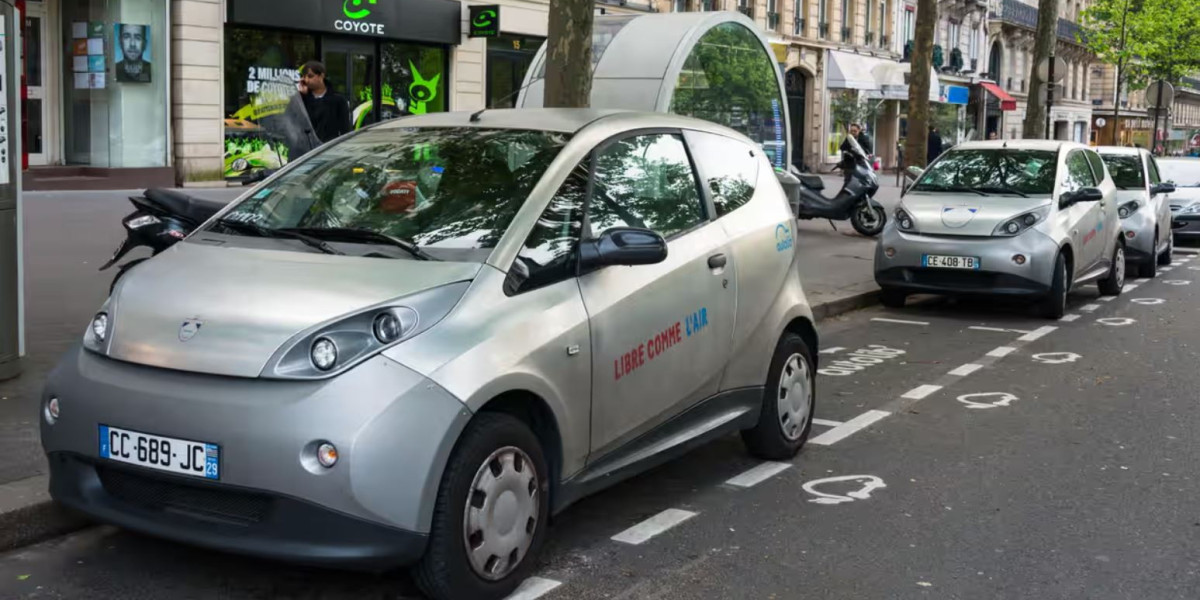Governments are struggling because of the high cost of EVs despite progress being made toward the 2045 zero-emission objective.
Experts warn that it is difficult in Europe to convince consumers to move from gas-powered to electric vehicles.
According to the International Energy Agency, Europe now sells ten times as many electric vehicles as it did just six years ago, yet its fleet is decarbonizing too slowly to reach its climate targets. Governments all over the continent are having trouble keeping up with the upfront costs of electric vehicles, which can be several thousand euros higher than those that use fossil fuels.
What we’ve discovered is that encouraging the purchase and ownership of electric vehicles alone is insufficient, according to Julia Poliscanova, an expert with the advocacy group Transport and Environment. “At the same time, you also need to discourage people from buying conventional cars.”
The EU has pledged to reduce planet-heating emissions by 65% from 1990 levels by the end of the decade and to reach net zero by 2045. Part of this commitment involves moving to cleaner cars. Although it has installed wind turbines and closed coal plants to reduce emissions in its electricity sector, emissions from road transport have been rising steadily in the background.
According to Christian Hochfeld, director of the German clean transportation think tank Agora Verkehrswende, transportation was the “problem child” of climate protection. The complete conversion to electric vehicles was “the most critical issue” for cutting emissions in the following decade, he said, because most alternatives to cars required time and money to develop.
Romania provides up to €11,500 to those who purchase electric vehicles. Belgium offers incentives for company automobiles, which account for the majority of its new car sales and act as a conduit to the more accessible secondhand market. The expense of the infrastructure needed to charge electric vehicles is shared between Italy and Spain. In addition to offering a purchasing bonus of €5,000, France exempts electric vehicles from weight-based fines.
Poliscanova remarked, “It’s not ideal, but what the French are doing is really headed in the right way.
The concept was promoted by the French president Emmanuel Macron prior to last year’s elections, but he has yet to outline a detailed implementation strategy. However, according to Poliscanova, the political signal has already influenced certain French automakers to shift away from large and expensive electric cars and toward tiny and affordable ones.
In contrast, as the number of people purchasing electric vehicles has increased, the government in Germany has reduced subsidies for them.
Hochfeld stated, “It’s not sustainable to throw out subsidies as large as we did in the past, and it’s also not socially fair because every taxpayer in Germany pays for this change, even if they don’t have a car.
“Why should a dentist who can afford a large SUV thanks to subsidies pay for the dentist’s electric vehicle? That is unfair. But what if the lawyer buying a car with a combustion engine paid for the dentist purchasing an electric car? I’d say that’s all right.
The desire for electric cars has been particularly hampered by growing prices and declining subsidies, according to Marc Lüers, managing director of the online auto marketplace Carwow, who said that the German automobile industry has “flipped” since the conflict in Ukraine.
“The two biggest concerns of electric vehicle buyers in Germany are charging infrastructure and the price of electricity,” he continued, “aside from the price of the vehicle.”
According to the ACEA, only seven EU nations provide incentives for charging infrastructure.
According to Gracia Brückmann, an energy researcher at the University of Berne, both the number and quality of various policies are important for promoting the use of electric vehicles.







